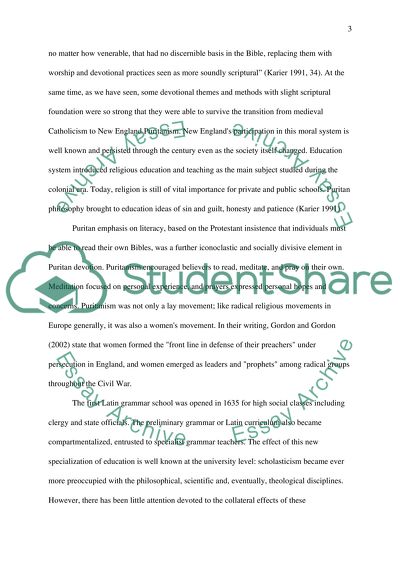Cite this document
(“American Education Today Essay Example | Topics and Well Written Essays - 2000 words”, n.d.)
Retrieved from https://studentshare.org/miscellaneous/1527118-american-education-today
Retrieved from https://studentshare.org/miscellaneous/1527118-american-education-today
(American Education Today Essay Example | Topics and Well Written Essays - 2000 Words)
https://studentshare.org/miscellaneous/1527118-american-education-today.
https://studentshare.org/miscellaneous/1527118-american-education-today.
“American Education Today Essay Example | Topics and Well Written Essays - 2000 Words”, n.d. https://studentshare.org/miscellaneous/1527118-american-education-today.


